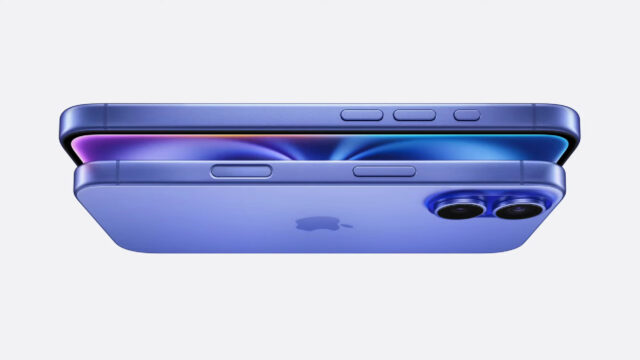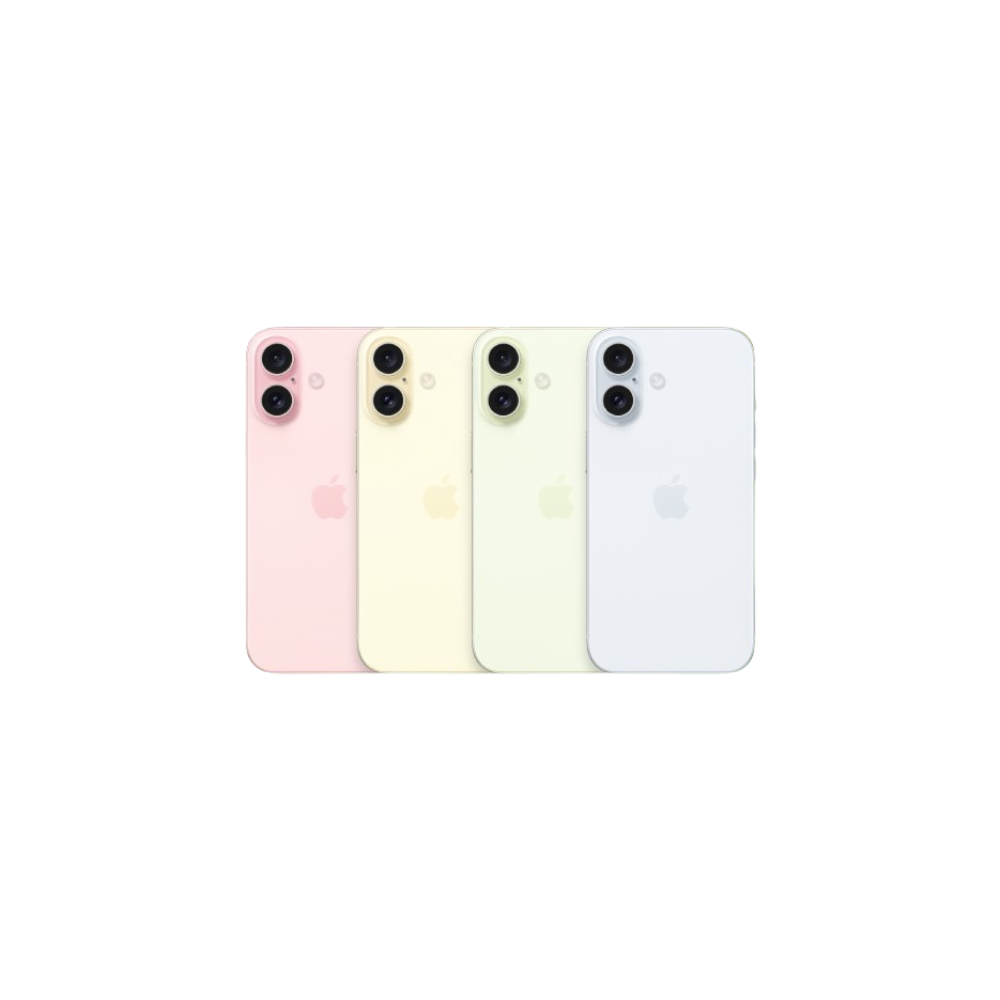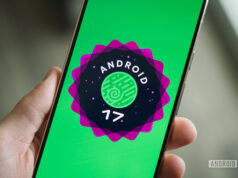The iPhone 16 starts pre-orders on September 13th, bringing new AI features and several other refinements to Apple’s familiar formula. Before you rush out to buy one, it’s important to consider the competition. The Samsung Galaxy S24 is currently one of the best Android phones on the market and an easy comparison, but what about its successor? The Galaxy S25 is less than six months away, so it’s too early to pit the two phones against one another. Still, let’s take a closer look at what we expect from the Galaxy S25, and whether it might be worth waiting for.
Apple iPhone 16 vs Samsung Galaxy S25: What are the biggest differences we can expect?
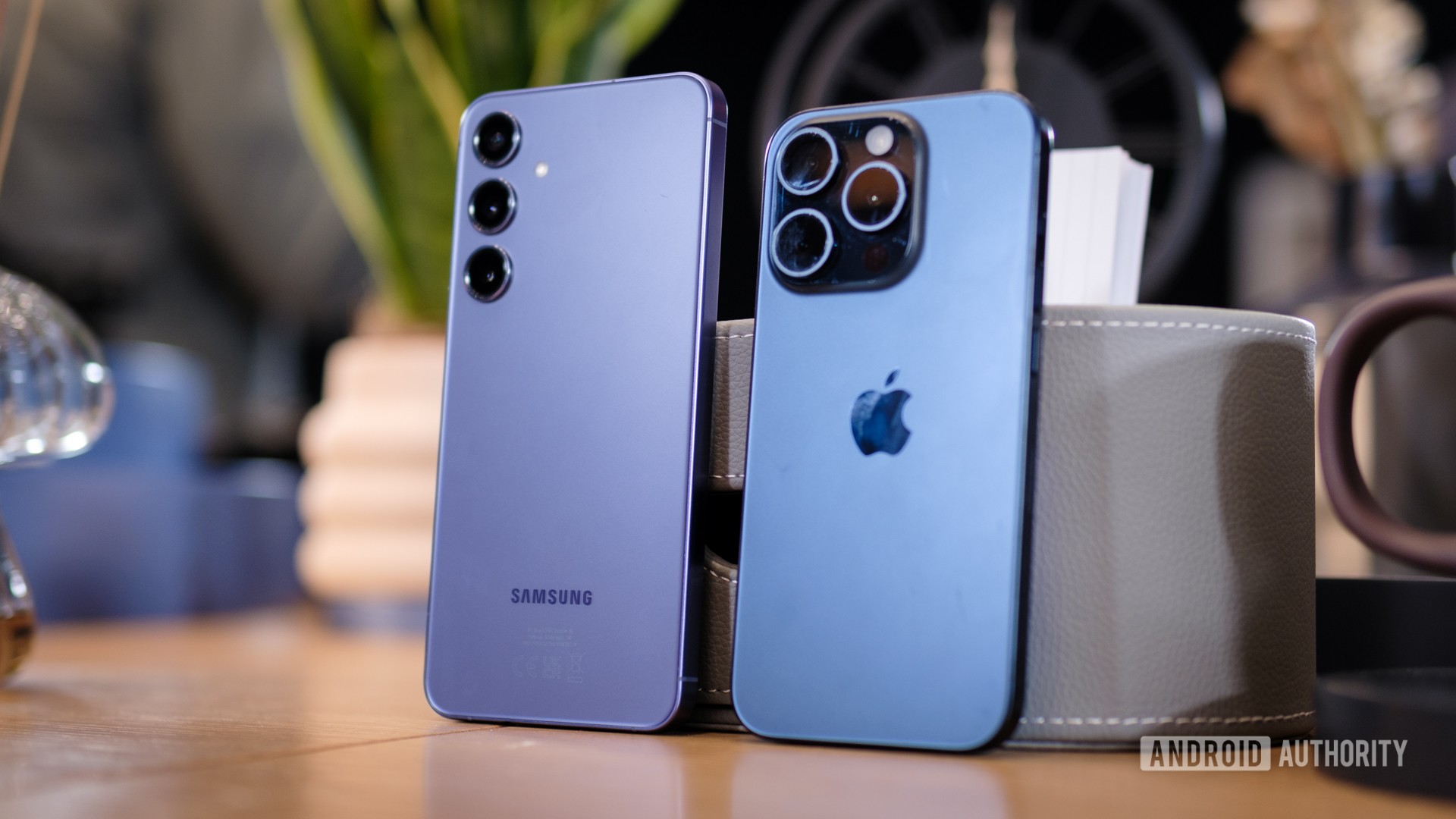
Robert Triggs / Android Authority
For many consumers, there are only two smartphone brands that matter: Apple and Samsung. This is especially true in the US, where devices from Google, OnePlus, and Motorola exist as alternatives but don’t hold significant market share. The most obvious difference between an iPhone and a Galaxy device is the operating system — iOS vs. Android — but that’s just the beginning. While both companies target users looking for high-end smartphones, they attract different types of customers, leading to distinct hardware, software, and support strategies.
Of course, there are surface similarities. Both phones feature a similar design with a metal and glass build and rounded edges, though Apple’s devices differ slightly in button configurations. The camera placement is also more aligned this year, with Apple stacking two lenses side by side, although Samsung retains the advantage of three rear cameras. You won’t mistake an iPhone for a Galaxy, but the phones aren’t dramatically different in terms of size or shape.
Let’s take a look at a few key differences we can expect between the Apple iPhone 16 and the Samsung Galaxy S25:
- Performance: Both phones feature powerful processors, but Apple has an advantage due to its tight hardware and software integration. This allows Apple’s chips to perform better than rival SoCs, even when those chips may have superior specs on paper. The new iPhone 16 also introduces the Camera Control button, offering greater flexibility in the camera experience.
- Camera: The Galaxy S series traditionally offers features like manual camera controls and additional functionality, but the iPhone 16’s new sensors and enhancements make it easier to use. The Camera Control slider is a notable improvement. While Samsung’s Galaxy S25 is expected to retain its three-lens system, Apple is focusing on user-friendly upgrades.
- Software and special features: The iPhone 16 introduces new SOS satellite features. While Samsung might follow suit, that remains uncertain for now. Both phones offer strong gaming and productivity experiences.
Despite big differences, you’ll find both are perfect for gaming and productivity
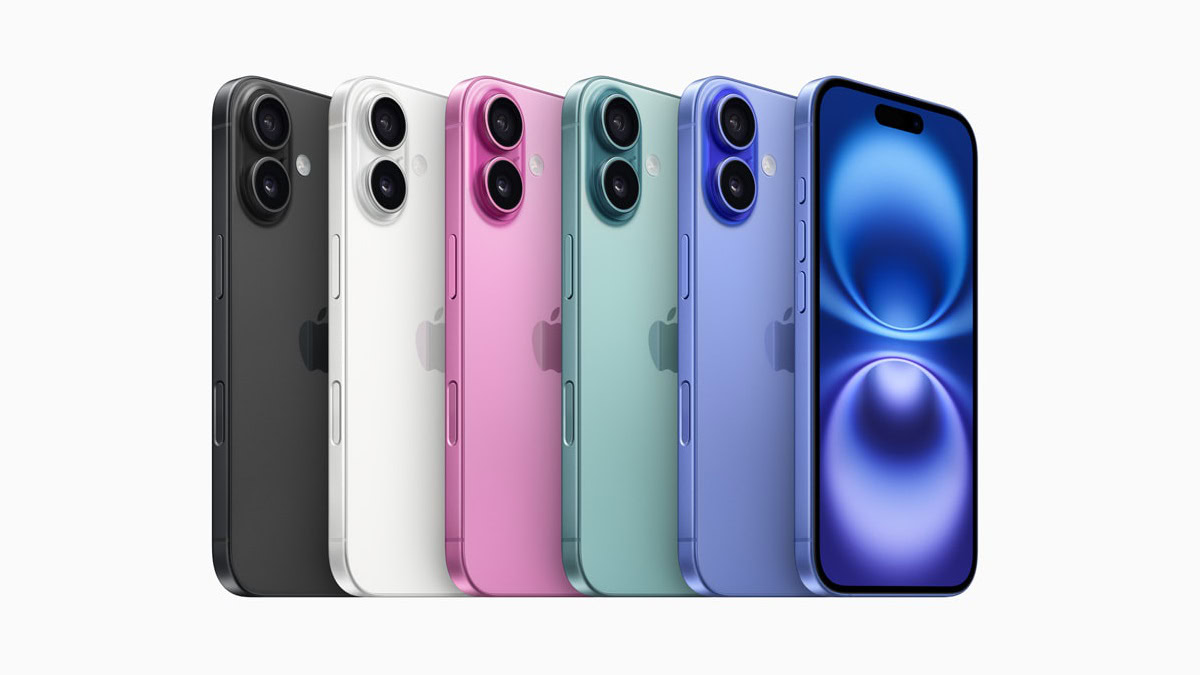
Samsung might be the performance champion in the Android world, but how well does it hold up when you compare it to the iPhone? If you were to compare the Galaxy S24 vs iPhone 16, you’d find the Snapdragon 8 Gen 3 for Galaxy compares similarly on paper to the new Apple A18 SoC. In reality, the iPhone 16 would still have an edge in performance, especially for gaming and other higher productivity use cases due to Apple’s full control of both the OS and the SoC that powers it. As you’d likely have inferred, this combination ensures optimal performance without needing nearly as much oomph to do the same job as an Android phone.
The iPhone 16 leaves behind the iPhone 15’s aging A16 Bionic chip while also adding more RAM, bringing the total to about 8GB. Much of this RAM helps power the AI experiences that drive it, but it should also ensure buttery smooth performance. This is a lot less RAM than what you’ll typically find in a Samsung flagship, which can range from 8GB to as much as 16GB in some cases but again Apple’s deeper integration with hardware and software means it can do a lot more with significantly less RAM.
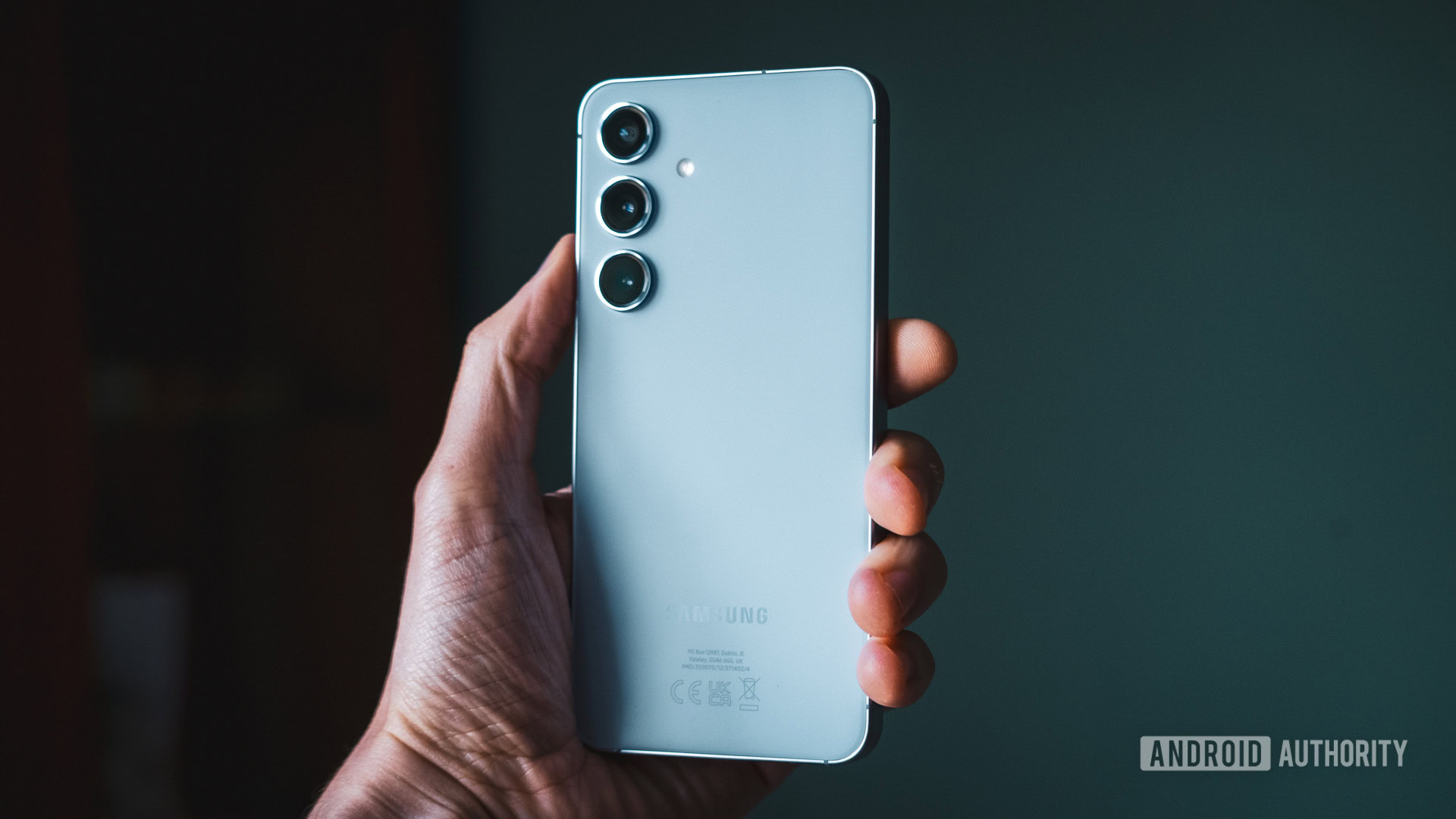
Robert Triggs / Android Authority
Galaxy S24
The real world performance of the iPhone 16 will likely be pretty comparable or slightly ahead of the Galaxy S24, but what about the Galaxy S25? For Qualcomm models, the Galaxy S25 may take the lead though perhaps not by a huge margin. Unfortunately, it’s hard to say which models or regions will get the latest Snapdragon as well.
There were early rumors suggesting that Samsung would ditch Exynos once more due to yield issues with the Exynos 2500 and instead offer the Snapdragon 8 Gen 4 for Galaxy across all models. There was also a less credible rumor claiming the company might offer Mediatek chips in select markets, suggesting that Samsung isn’t in love with the idea of paying Qualcomm’s high licensing costs to use the Snapdragon chip.
More recently, there has been chatter suggesting that the Exynos 2500 may improve its yields in time, potentially allowing it to feature in at least some models of the Galaxy S25 family. However, the Snapdragon 8 Gen 4 is expected to be more commonplace this time around.
Regardless of the model, both phones are capable of handling any task thrown their way. Of course, there’s more to a great phone experience than just the SoC. Apple and Samsung take very different approaches to software: Apple leans toward simplicity, while Samsung often offers deeper customizations that tend to appeal more to power users.
Software support is another area where the two brands diverge. While Apple has traditionally led with about five years of OS update support (though without guarantees), it has recently been overtaken by Google’s and Samsung’s more generous pledges of seven years for both updates and security patches.
Beyond that, there are also significant differences in the camera experience, which we’ll focus on next.
Both have flagship camera experiences but expect different approaches
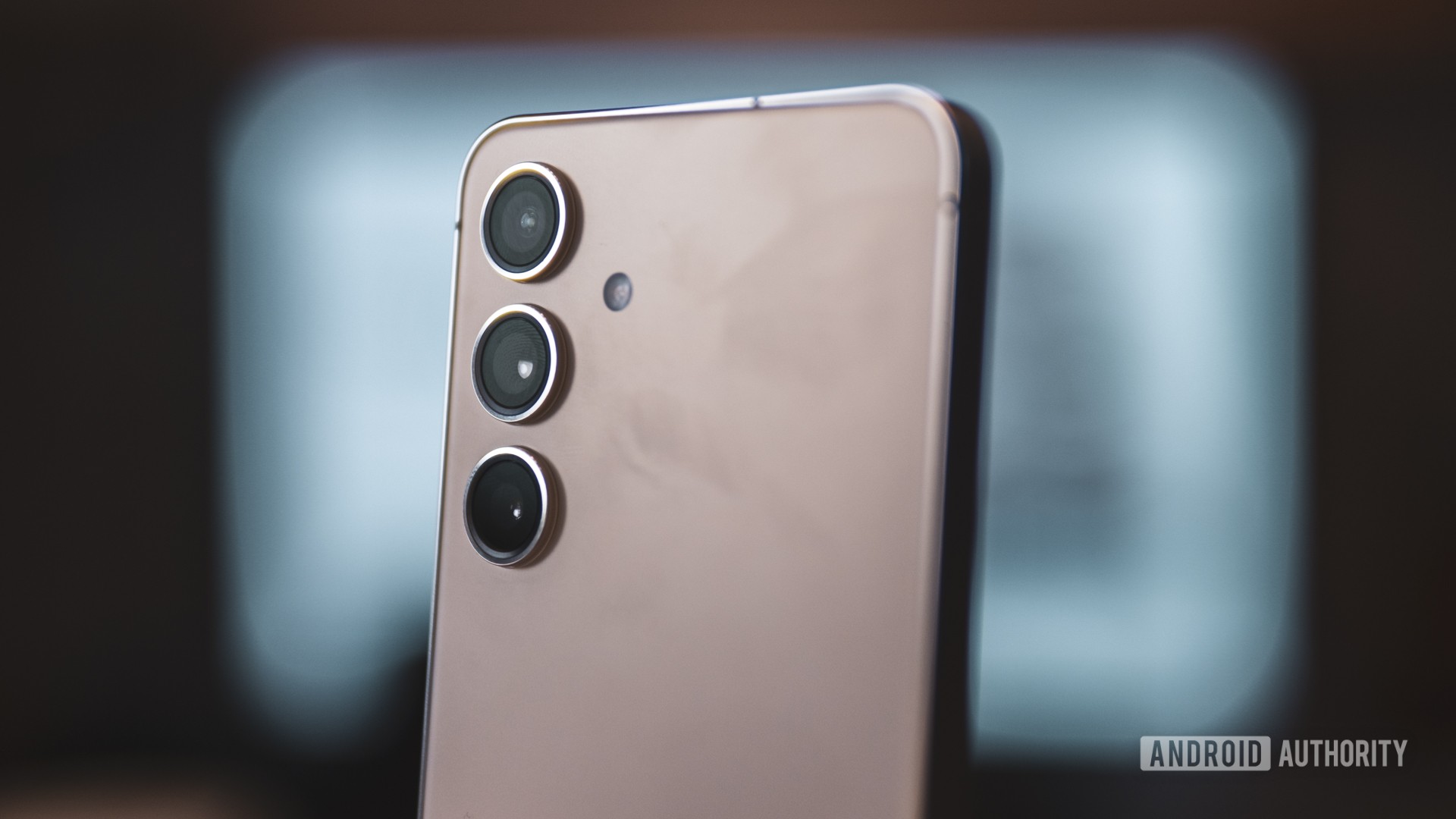
Robert Triggs / Android Authority
Galaxy S24
The iPhone 16 has a new 48MP fusion camera with a 2x telephoto option and a 12MP ultrawide camera which offers an improvement over the iPhone 15 and should fair comparably to the Galaxy S25. The latter will likely have the advantage of three lenses over two, however.
The Galaxy S25 is also expected to feature at least one new sensor, very possibly the ISCOELL GNJ. This sensor is roughly on par with what is inside the Galaxy S24 as far as size and it even supports one-micron pixels, just like the former device. Whether this is a major upgrade is hard to say, but given history we’d say that Apple and Samsung will handle image processing, color, and other details differently and Samsung will give you manual controls, something Apple still doesn’t offer.
It is worth mentioning the iPhone 16 introduced a new Camera Control key, which works like a smart camera shutter key with support for gestures that let you zoom in and out, and much more, including the ability to light press for a cleaner viewfinder. It’s no Pro or manual mode, but for most casual photographers it’s probably a more useful addition I’d say.
Both cameras should be fantastic, though Apple tends to take a slight edge when it comes to post-processing and its handling of colors. The Galaxy S family can often overexpose images, resulting in washed-out details by comparison. It’s too early to say if the Galaxy S25 will make improvements here, but even so we can expect it to have one of the best camera experiences of 2025.
Other special features worth mentioning
While the SoC and camera are some of the bigger differences, there are plenty of other ways you can expect the Galaxy S25 to differ from the iPhone 16. The iPhone 16 might have similar display sizes as the Galaxy S series across its base and Plus variants, but the Galaxy S is still the superior choice when it comes to refresh rate and general display quality.
You’ll also find slightly different button configurations than the Galaxy S24, including a new customizable action button. Lastly, while both phones utilize USB-C technology, Apple supports MagSafe technology for easier cord management.
Apple iPhone 16 vs Samsung Galaxy S25: What about any similarities?
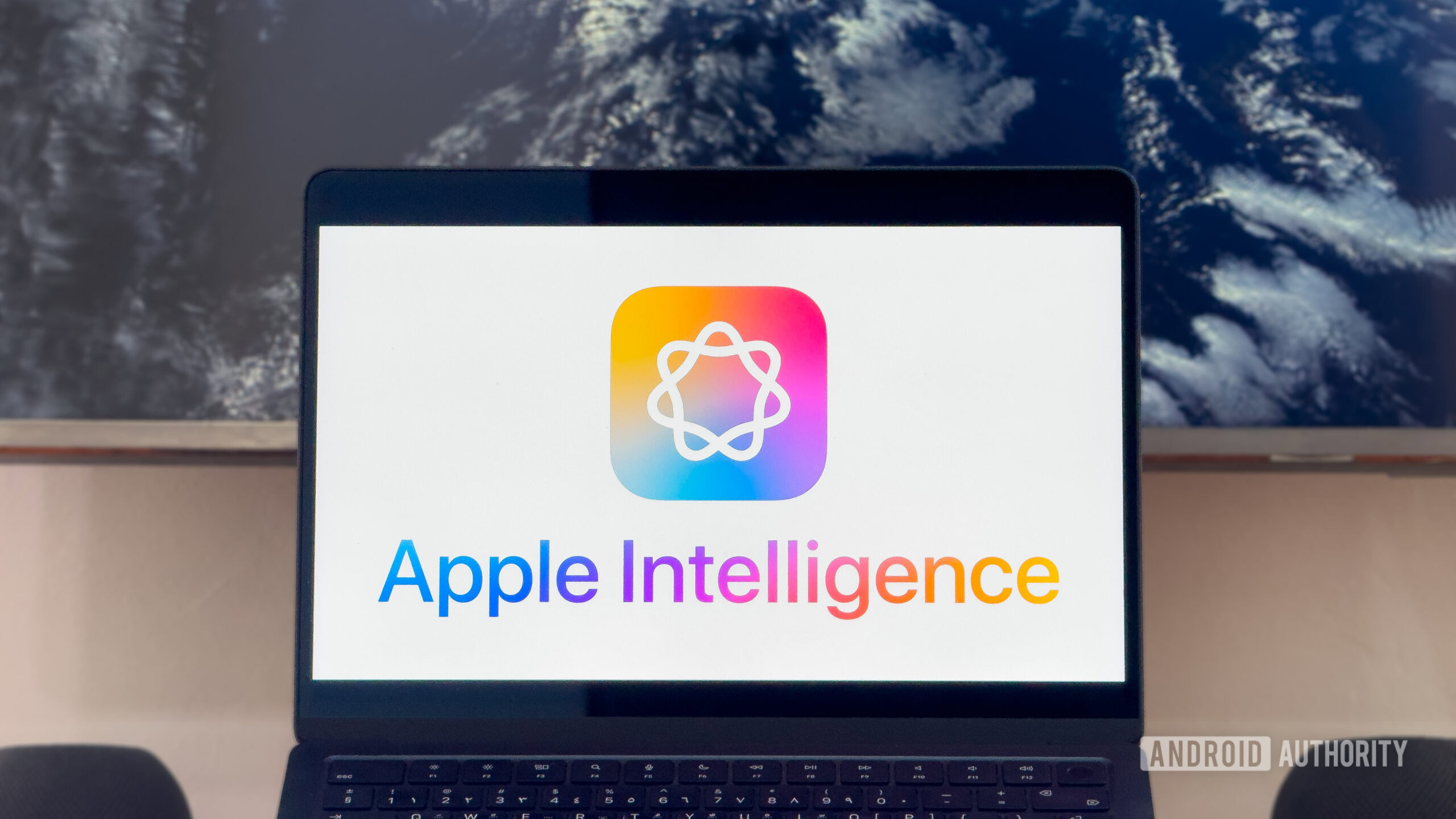
Mahmoud Itani / Android Authority
As much as the iPhone 16 and Galaxy S25 experience are different, there are certainly a few aspects that are quite similar. This includes customization. While Samsung still has dramatically better customization options, the good is iOS continues to make inroads here by offering features like an app drawer, widget support, and even the ability to change app permission in the UK. All these changes are bridging what was once a much wider gap between the two platforms.
It’s also worth noting rumors suggest the Samsung Galaxy S25 Pro could be a thing, which would mean that Apple and Samsung both would have larger and smaller versions of their base and higher-end flagships. The same rumor claims the Ultra could be renamed the Galaxy S25 Note. While we’d take this entire report with a grain of salt, it’s certainly interesting.
Any other expected similarities? Yes, here are just three more:
- Both phones will push AI technology. While Samsung beat Apple to the punch with its Galaxy AI features, Apple Intelligence is a big part of the new iPhone 16 experience and offers a lot of similar features. There is one caveat here, as some of its best features won’t roll out for weeks or months to come. In the end, Samsung still has a slight edge here but Apple is quickly catching up.
- Both phones will have similar costs. The iPhone 16 starts at $799 and the iPhone 16 Plus is set at $899, meanwhile the Galaxy S24 and S24 Plus come in at $799.99 and $999.99, respectively. The iPhone 16 Plus is admittedly a bit cheaper than the S24 Plus, though you’ll find similar value across the line aside from that.
- Both phones will have durable designs and waterproofing. You’ll find high quality metals and durable glass on both phones, as well as the same level of water and dust resistance.
Should you wait for the Galaxy S25 or buy the iPhone 16?
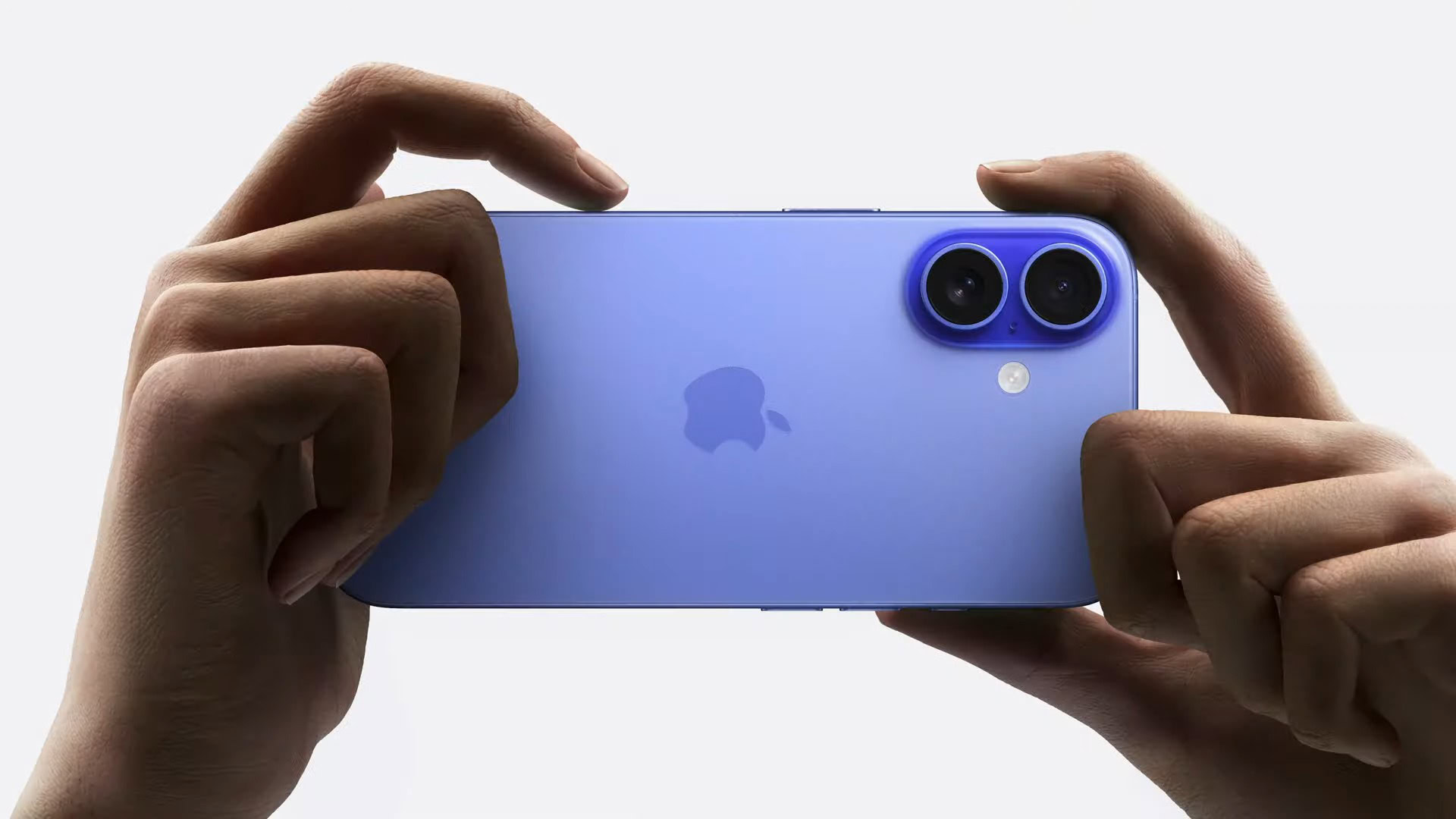
The Samsung Galaxy S25 is just a little less than a half year away, but should you wait for it or get the iPhone 16 now? If you’re frustrated by Android and thinking about switching, it’s unlikely that the Galaxy S25 will change your mind. If that’s the case, there’s no reason to wait, especially since Apple devices don’t usually see big price cuts in response to new phone launches the way many Android devices do.
For those who are pretty sure the iPhone 16 isn’t for them, waiting for a Galaxy S25 probably makes more sense than going for a Galaxy S24 at this stage unless you desperately need a new device now. In that case, you might actually be better served by the new Pixel 9 ($799 at Amazon), as the phone is a bit newer and offers a more iPhone-like experience in many ways thanks to the Google Pixel’s similar philosophy of simplicity and minimalism.

